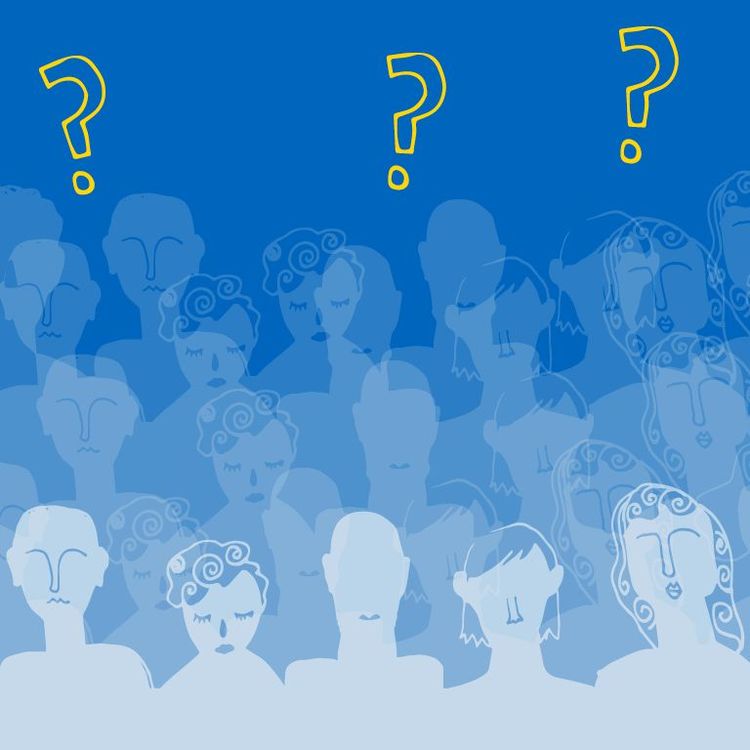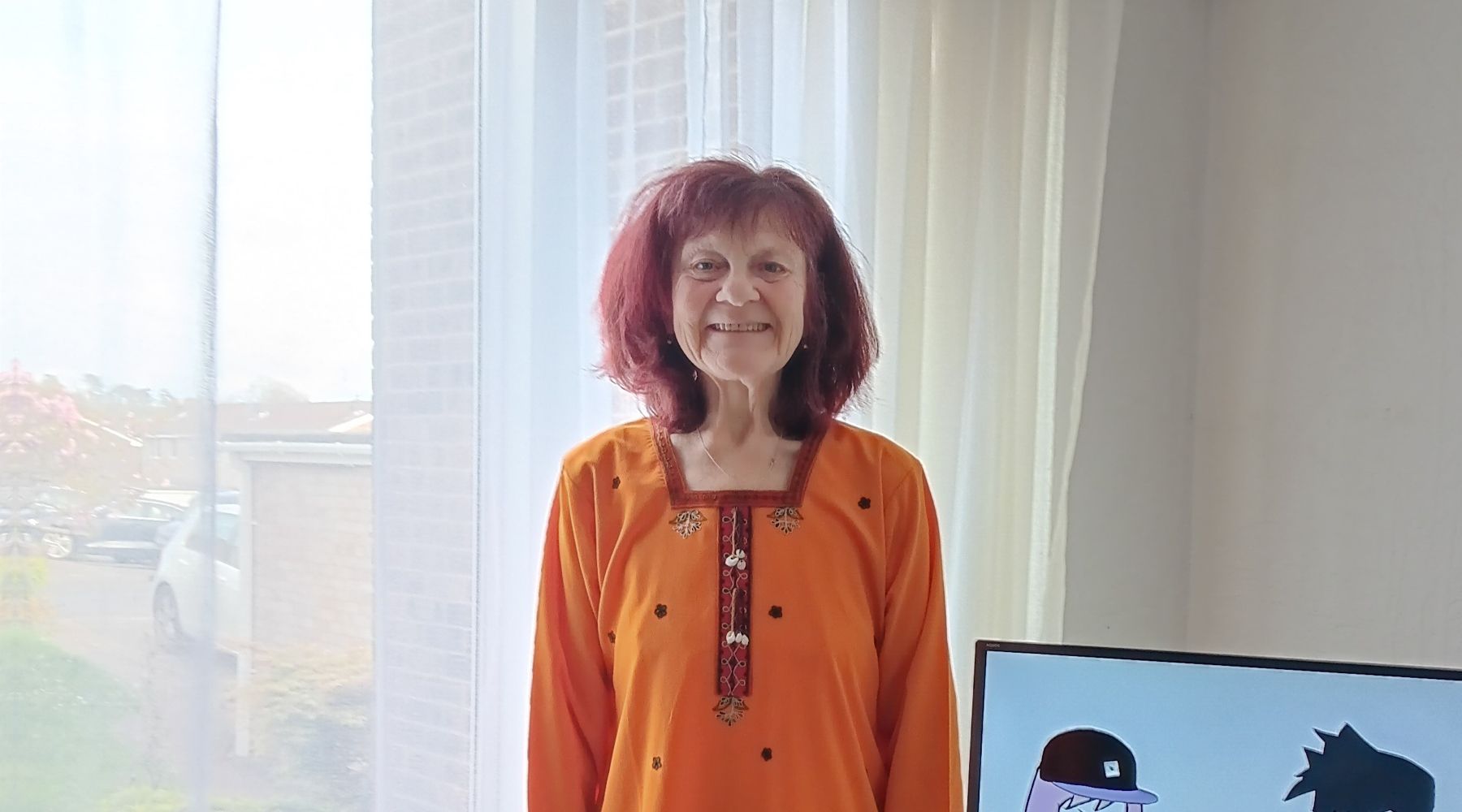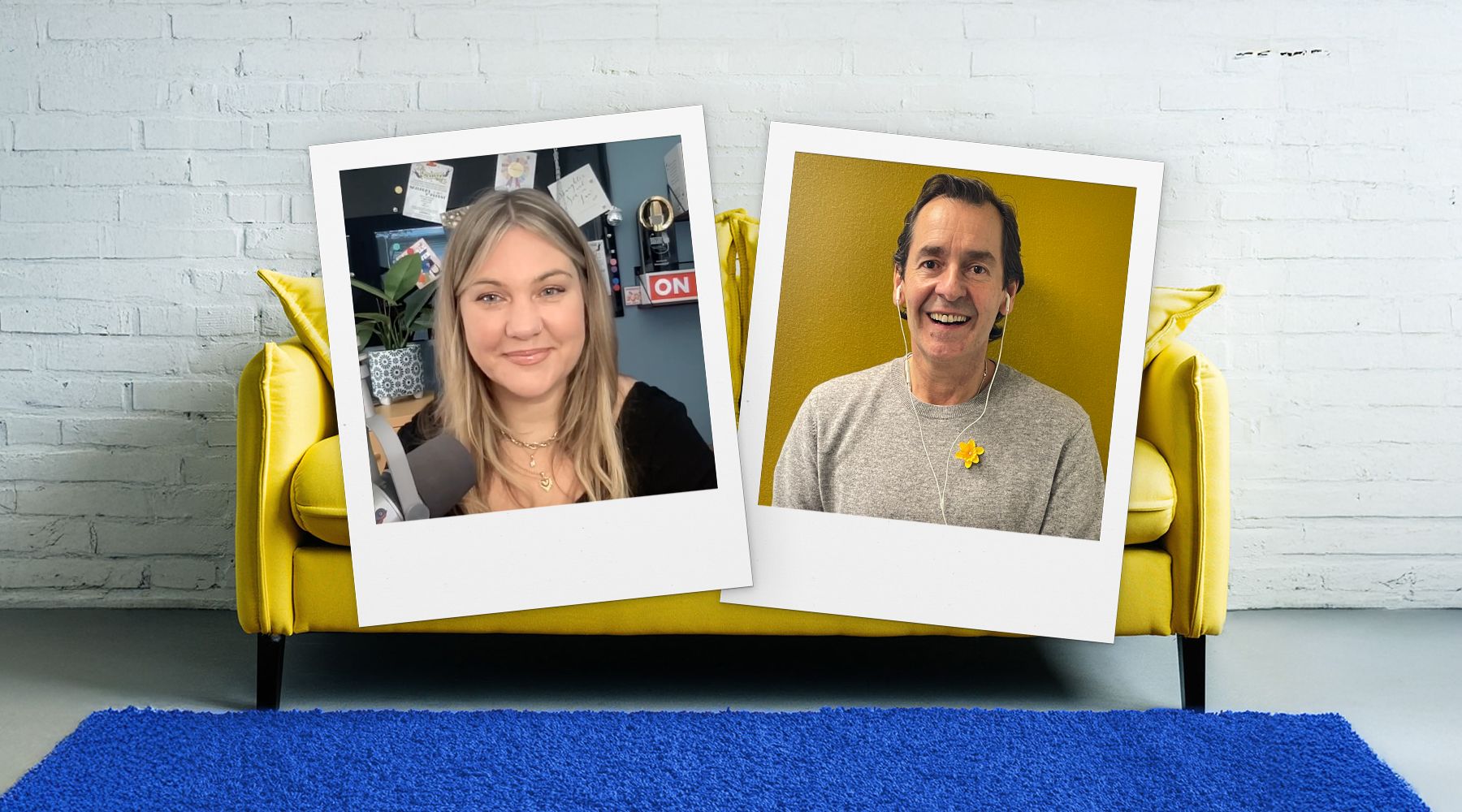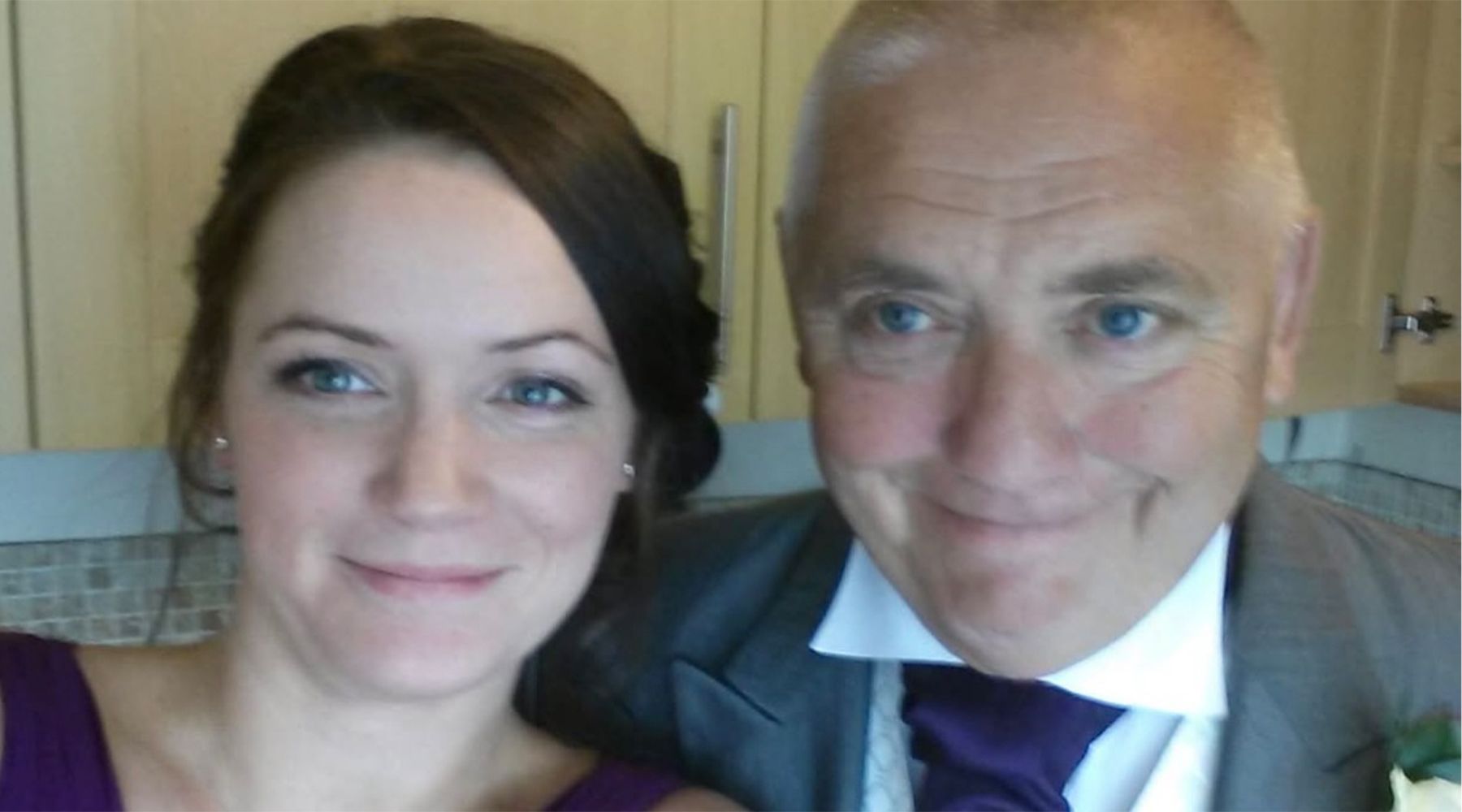‘Carer’ is a label we hear used often – but how do you know if it applies to you? Use our tool to find out.
What is a carer?
Put simply, a carer is anyone who looks after a family member, friend or partner who needs extra help. This could be because they’re ill, or have a disability or mental health problem. Carers are usually unpaid and can provide all sorts of emotional and practical support.
Unpaid carers are different to paid care workers who earn money for looking after someone.
Is it obvious when you’re a carer?
It can be challenging for an unpaid carer to separate their caring role from the existing relationship they have with the person – whether that’s as a parent, child, friend, sibling, or partner. They might even be caring for someone they have a difficult or distant relationship with.
Either way, once unpaid carers have identified themselves as being in a caring role, many wish they had sought help sooner.
What support is available?
Did you know that there might be financial support available for you? That there are people you can talk to when it all gets a bit much? That there are organisations who can provide respite care if you need a break? All of these things and more are true.
Asking for help can be difficult, but there's a wide range of resources at your fingertips. On our website, we have a section devoted to informing carers of the practical, emotional and financial support that's available. There’s even a benefits calculator that’ll tell you what benefits you could be entitled to.
Many unpaid carers find that they feel lonely and isolated. It might help to get involved with our active online community or even contact our Companion Over the Phone service – that’s our befriending call-back service where you’ll be matched with one of our volunteers, who can give ongoing support and be a friendly ear when you need to talk.
You can always reach out for more detailed information by calling our Support Line on 0800 090 2309*. You’re not alone in this.
Think you might be a carer? Check out our information and support pages for people who are caring for someone with a terminal illness.
*Calls are free from landlines and mobile phones. Your call may be recorded for quality and training purposes.
- This article has been revised and updated. It was originally published in October 2020.




